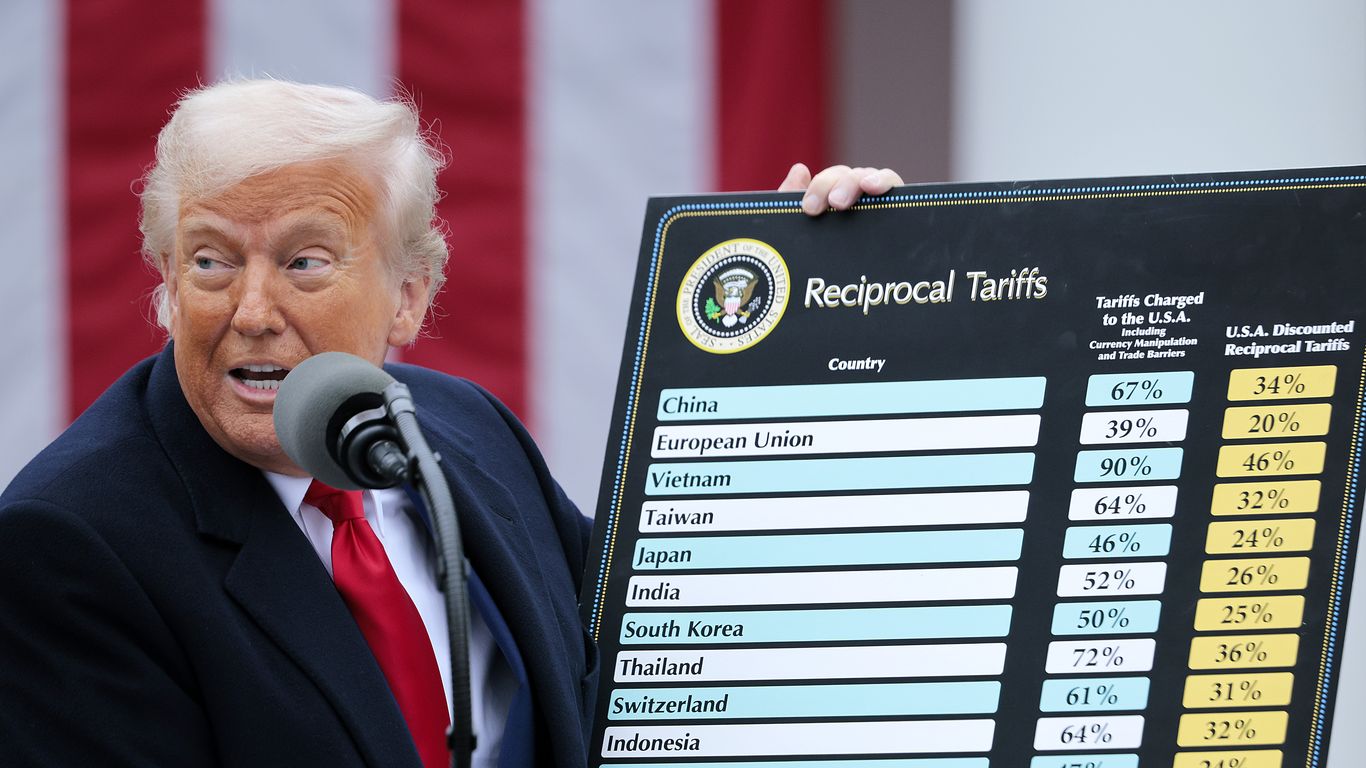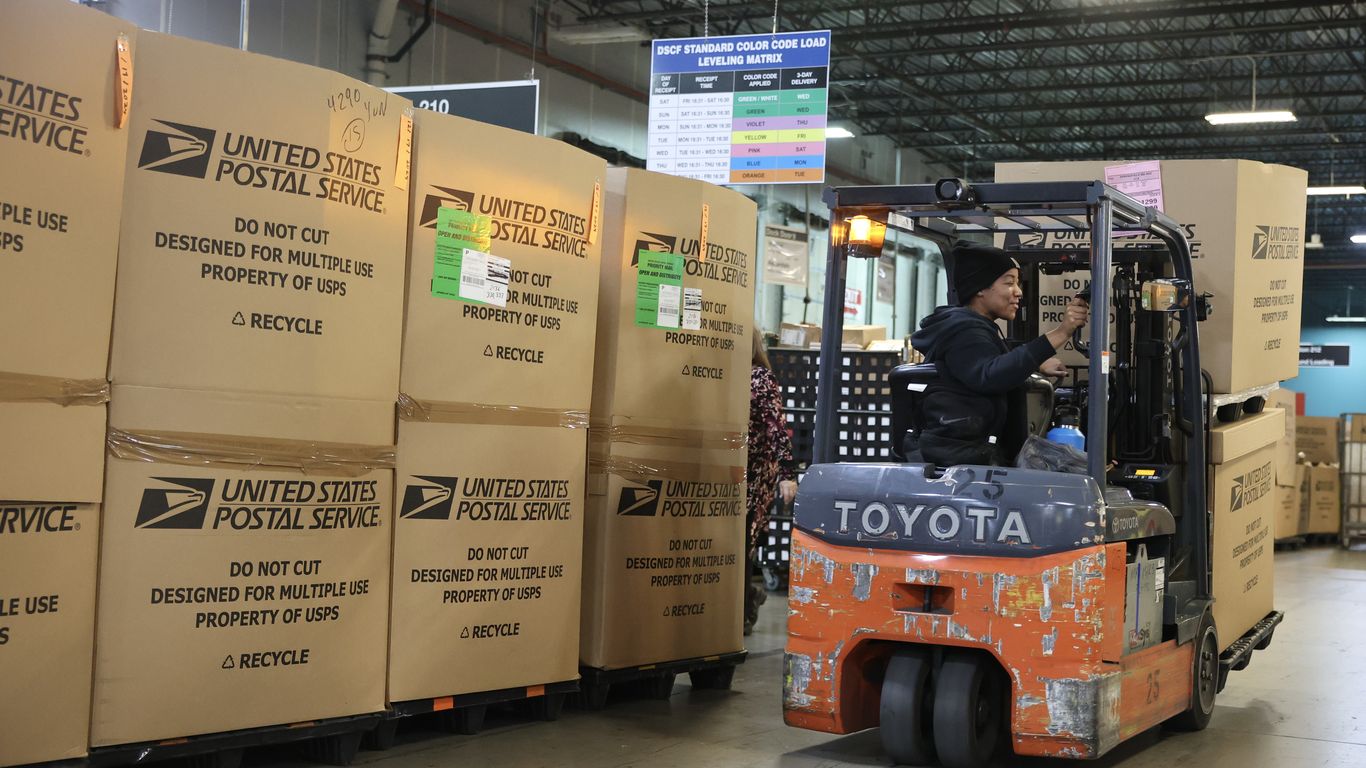Trump's Pharma Tariffs: Rethinking US Drug Supply Chains

Trump’s New Pharma Tariffs
Starting October 1, the US will impose a 100% tariff on imports of branded or patented pharmaceutical products, a move aimed at boosting domestic drug manufacturing. This policy targets companies importing high-value patented drugs, compelling many to reconsider their supply chains and production strategies to avoid steep costs.
Industry and Global Trade Impact
The tariffs could disrupt global pharmaceutical supply chains, potentially increasing drug prices and causing shortages in the US market. However, companies already investing in US manufacturing facilities are exempt, encouraging onshore production. This shift may enhance domestic capabilities but risks straining international trade relationships and increasing costs for consumers globally.
Long-Term Implications
While designed to strengthen US pharmaceutical independence, the tariffs create uncertainty for multinational companies and may slow innovation due to increased operational expenses. The broader effect on global trade depends on how other countries respond and whether supply chains adapt efficiently to the new regulatory environment.
















